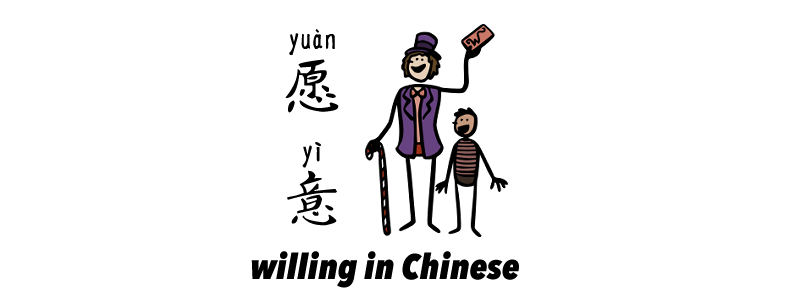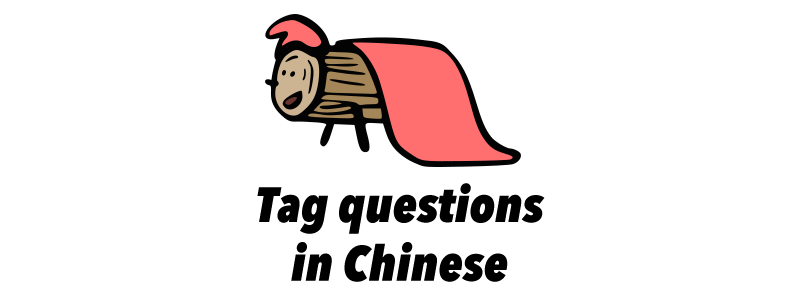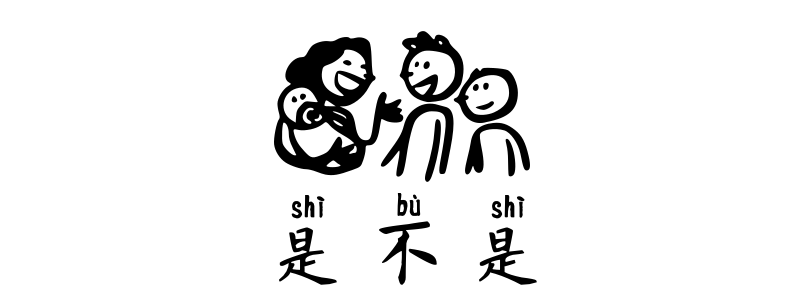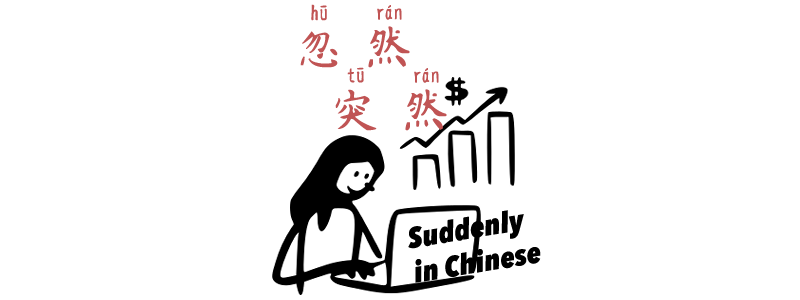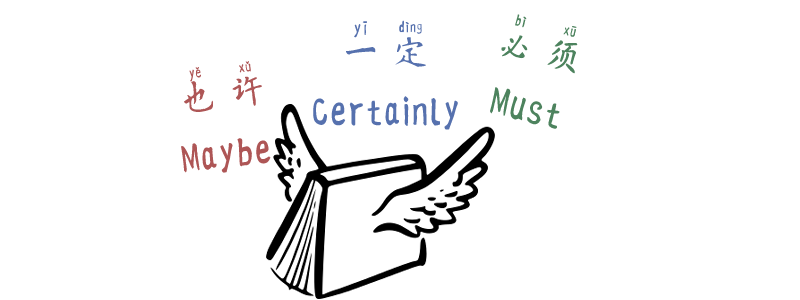Grammar Point:願愿意 yuànyì is a Chinese term that conveys the meaning of “willing” in English. It is commonly used to indicate a person’s willingness or readiness to do something. Structure S + 願意/愿意 + V 我wǒ願意yuànyì幫助bāngzhù你nǐ我wǒ愿意yuànyì帮助bāngzhù你nǐI am willing to help you. 他tā願意yuànyì參加cānjiā我們wǒmen的de計劃jìhuà他tā愿意yuànyì参加cānjiā我们wǒmen的de计划jìhuàHe is willing to participate in our project. 你nǐ願意yuànyì和hé我wǒ一起yìqǐ去qù嗎ma? 你nǐ愿意yuànyì和hé我wǒ一起yìqǐ去qù吗ma? Are you willing to…
Author: tiffany
Zěnme yàng in Chinese
Grammar Point:There are a few ways to express “what do you think” in Chinese. The most common one is by adding 怎麼樣么样 zěnme yàng after a statement. Structure Statement + 怎麼樣/怎么样 Zěnme yàng The phrase 怎麼樣么样 zěnme yàng is commonly used in Chinese to ask about the opinion of something. It can be translated as…
Tag Questions in Chinese
Grammar Point:Tag questions in Chinese are commonly used to confirm information or seek agreement from the listener. The choice of particle or question word used in the tag question may vary depending on the context and the desired tone. Structure Statement + 可以 + 嗎/吗 This phrase is often used to seek permission or ask…
Chinese Shì bú shì Question
Grammar Point:In Chinese, the phrase 是不是 shì bú shì is commonly used to form “yes-no question” or to seek confirmation from someone. It is equivalent to the English phrase “isn’t it?” or “right?” Structure Statement + 是不是 shì bú shì In this pattern, the speaker is seeking confirmation for information that is already known or…
Although in Chinese – Suīrán
Grammar Point:雖虽然 suīrán is the most common word used to express “although” in Chinese. It is often placed at the beginning of a sentence or clause. Structure 雖然/虽然 ⋯⋯ ,但是 or 可是 ⋯⋯ This pattern means “although…, but…” in English. However, in English, the “but” is not necessary, but it is required in Chinese to…
“When” in Chinese – Dāng
Grammar Point:The word 當当 dāng can function as a preposition and is often translated as “when” in English. It is a more formal way to express the phrase 的時候的时候 de shíhòudede shíhou. Structure 當/当 + Phrase The phrase 的時候的时候 de shíhòudede shíhou or 時时 shí are often used with 當当 dāng structure. 當dāng我的wǒde狗gǒu看到kàndào我wǒ, 他tā會huì一直yìzhí搖yáo尾巴wěibā当dāng我的wǒde狗gǒu看到kàndào我wǒ, 他tā会huì一直yìzhí摇yáo尾巴wěibāWhen…
Suddenly in Chinese
Grammar Point:In Chinese grammar, the word “suddenly” can be translated as 突然 tūrán or 忽然 hūrán. These words are often used to indicate an unexpected or abrupt change or action. Difference 忽然 hūrán The word 忽然 hūrán is an adverb that functions solely as an adverbial modifier in a sentence. It should not be preceded…
“But” in Chinese
Grammar Point:The words 不過过 búguò, 但是 dànshì, and 可是 kěshì can all be used to express the meaning of “but” in Chinese, but they have slight differences in usage and tone. Difference 但是 dànshì This is a common and versatile word used to express contrast or contradiction in both spoken and written language. It can…
“Already” in Chinese 1 – yǐjīng and dōu
Grammar Point:In Chinese grammar, the words 已經经 yǐjīng and 都 dōu are commonly used to convey the meaning of “already.” Structure When comparing 已經经 yǐjīng and 都 dōu, both indicate that something has already occurred. However, 都 dōu adds a stronger emphasis and suggests the speaker’s emotional involvement or attitude towards the event. It conveys…
“Must”, “Certainly”, and “Maybe” in Chinese
Grammar Point:In Chinese, the translations for “must,” “certainly,” and “maybe” are 必須须 bìxū, 一定 yídìng, and 也許许 yěxǔ. But they do have some overlap parts. Structure All three of these words are adverbs in Chinese, which means they are not placed like in English where you put them before the subject or at the end…
